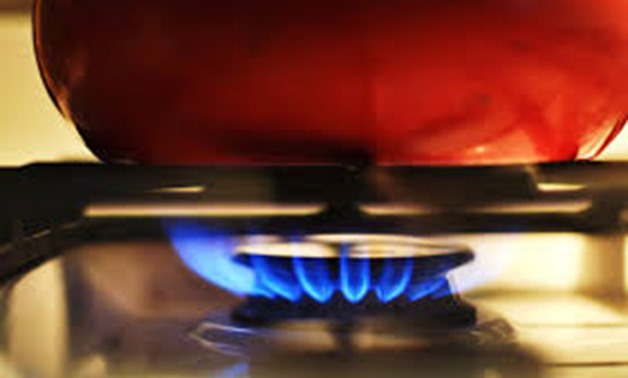
Stove - CC via pixhere
CAIRO – 11 June 2019: The swift eradication of energy subsidies has crippled households in Upper Egypt. As of June 16, 2018, the price of a 12.5-kilogram cooking gas cylinder known as liquefied petroleum gas (L.P.G) or butane gas increased to L.E. 50 ($2.97).
Parliament member and representative of the Tahta area in the Governorate of Sohag, Ahmed Hareedy, demanded that the government should provide natural gas to housing units in cities, villages, and hamlets across the Upper Egyptian governorates because it is a cheaper alternative.
There are approximately 0.001 cubic meter per kilogram in a cylinder of cooking gas. However, natural gas pipes only cost between L.E. 1.75-LE 3 ($0.09-$0.017) per cubic meter.
Households in Upper Egypt only have an average monthly income of L.E. 3,969 ($236), making it one of the poorest regions in the country, according to the Central Agency for Public Mobilization and Statistics (CAPMAS) latest data on June 7.
Comparatively, the average monthly income of a household in Cairo is L.E. 5,396 ($321). Therefore, the average household in Cairo earns up to 35 percent more than the average household in Upper Egypt.
The Ministry of Petroleum announced in a statement on April 16 that the state has poured in an estimated annual L.E. 26 million in butane gas subsidies. The ministry added that the government produces over 1 million subsidized butane gas cylinders and a yearly estimated total of 360 million cylinders.
In his speech at the Parliament last week, Hareedy stressed that the current subsidiary system is not enough to meet the energy needs of Upper Egyptians.
Hareedy added that Upper Egyptian families have been encountering the harshest difficulties and circumstances due to the economic challenges that have been directly linked with the cutting of subsidies.
The increases being experienced in energy prices is directly linked to the agreement between Egypt and the IMF, which was finalized in November 2016.
The 3-year, $12 billion dollar, Extended Fund Facility (EFF) agreement between Egypt and the IMF entailed the condition that Egypt would incrementally remove its subsidiary system.
Subsequently, Egypt has gradually cut fuel and electricity subsidies over the course of the past 3 years.
The IMF and Egypt have stated their intention behind cutting energy subsidies is to revive the country's economy by reducing government spending.
The MP affirmed that providing more households with access to a cheaper alternative such as natural gas would greatly help alleviate some of the financial burdens placed on Upper Egyptians.

Comments
Leave a Comment